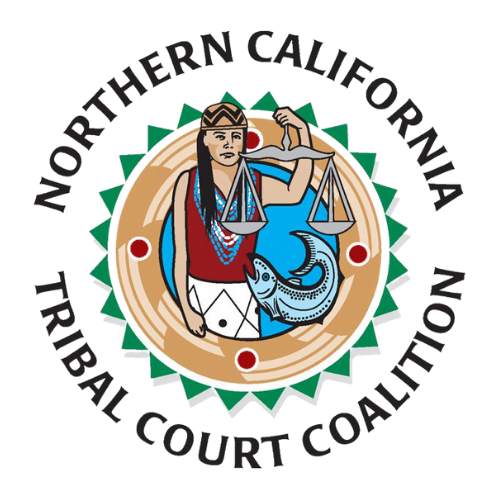Tribal resources go mobile: A quick tour of the free NCTCC App
Although COVID-19 has disrupted in-person delivery of services to victims of crime, the NCTCC App helps bridge the gap by providing a useful library of resources right on your mobile device. The NCTCC App is packed with useful information that helps keep victims connected to important services and support networks. You may want to download the free NCTCC App so that you can interact with each feature as you read this article.
Learn about tribal justice resources
The Tribal Justice Resources section contains telephone numbers and web links so that victims and advocates can quickly locate resources for the following tribes:
Bear River Band
Tolowa Dee-ni’ Nation
Trinidad Rancheria
Quartz Valley Indian Reservation
Hoopa Valley Tribe
Yurok Tribe
Blue Lake Rancheria
Elk Valley Rancheria
Karuk Tribe
Big Lagoon Rancheria
Resighini Rancheria
Wiyot Tribe (Table Bluff)
You can also use the feedback link in this section to tell us about your experience with the NCTCC App. We check links and telephone numbers often, and if you happen to find a link or phone number that is not working you can use the feedback link to let us know.
Learn about safety plans, then make one
In the Safety section, you can learn about safety plans, why they are necessary, and how to make one. You can make a safety plan for yourself, your children, and teens and learn about the warning signs of domestic abuse, human trafficking, stalking/harassment, and elder abuse. This section also includes information about how to be safe when using mobile devices and the internet.
Learn about victim self-care
The Self-Care section provides information about different aspects of self-care. You can read and watch YouTube videos about the effects of historic trauma on victims of crime, learn about the role of victim advocates and assistance providers in tribal communities, and learn about trauma-informed services. You can discover the how imbalance may be experienced physically, emotionally and mentally while you learn about approaches to restoring balance through culture, food and water, education and career, exercise, financial assistance, sleep, safety, parenting and respite care, counseling, journaling, meditation, sobriety, and healthy self-talk. This section also includes a list of self-care ideas for the body, mind, and soul.
Learn about California and national resources
In the California and National Resources section you will find contact information for law enforcement and social service organizations in Humboldt, Siskiyou, Del Norte, Curry, and Trinity Counties. National resources include emergency, legal, and social welfare services for the general population as well as organizations that help specific populations such as children, teens, differently-abled individuals, women of color, Latina/Latino, immigrant, Indigenous women, African-American, LGBT and gender non-conforming individuals, elders, and men.
Learn about your rights
The Your Rights section explains general victim rights in easily understood language. Here you can read the California Victims’ Bill of Rights (also referred to as Marsy’s Law); view short videos that provide basic information about victims’ rights; learn about exercising victim rights and obtaining attorney representation and compensation; discover when victim rights begin and end; and obtain information about who the State of California considers a crime victim.
Learn how the criminal justice system works
In Criminal Justice System you can learn about the justice process and how it can vary depending upon whether the crime occurred on land governed by a tribe or by a state. Use the confidential questionnaire to determine how and to whom a crime can be reported and what you can to do to keep yourself and your family safe after you have reported crime. You can also learn about what to expect after you report a crime as well as the post-reporting process, which may include: investigation, pre-trial process, bail, arraignment, plea bargains, trial, acquittal, conviction, sentencing, and post-sentencing.
The NCTCC App has been created to be a useful tool for both tribal victims of crime and the advocates that provide victim services to tribal members. Remember that the NCTCC App is free. There are no hidden charges, add-on pay features, or subscriptions. We never require your identifying information and all your activity is stored on your device to protect your confidentiality and safety.
Let us know if you find the App useful or have requests for features.
If you would like more information about the NCTCC App or would like to set up a staff training session please contact Cynthia Boshell (cboshell@nctcc.org) or Jake Swamp (jswamp@nctcc.org).
- Published in Uncategorized
